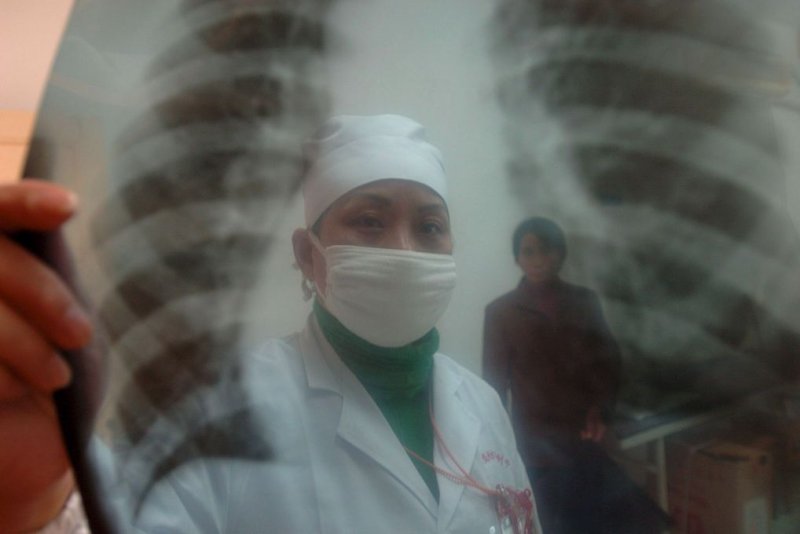Health
New Study Calls for Unified Definition of Long COVID

A recent study published in JAMA Network Open underscores significant inconsistencies in the definition of long COVID, raising concerns about accurate diagnosis and treatment for millions affected by the condition. Researchers found that the criteria for identifying long COVID varies widely across different studies and organizations, which complicates understanding and managing this complex syndrome.
The study, led by Lauren Wisk, an assistant professor at UCLA’s David Geffen School of Medicine, evaluated five definitions from prior research involving over 4,500 COVID-19 patients. The definitions, sourced from studies conducted in various countries including the U.S., U.K., Netherlands, Sweden, and Puerto Rico, differ significantly in terms of symptom duration and the number of symptoms considered. Some definitions require symptoms to persist for just four weeks, while others extend for six months, with the range of potential symptoms varying from nine to as many as 44.
The impact of these discrepancies is stark: the percentage of patients diagnosed with long COVID ranged from 15% to 42% based on the definition applied. This variation creates a risk of misdiagnosing those who do not have long COVID while potentially overlooking legitimate cases, as noted by senior researcher Dr. Joann Elmore. In a statement, she emphasized, “Without a shared definition, we risk mislabeling patients and misguiding care. This is more than an academic debate — it affects real people.”
Efforts to standardize the definition of long COVID have seen contributions from major organizations, including the National Academies of Sciences, Engineering, and Medicine. Their definition, published in March 2024, is criticized for being overly broad and lacking requirements for laboratory confirmation of a prior COVID-19 infection. Such flaws highlight the ongoing struggle within the medical community to establish a cohesive understanding of this condition.
Wisk pointed out that the absence of a uniform standard hampers research efforts. “If every study on long COVID uses a different definition for identifying who has it, the scientific conclusions become harder to compare across studies and may lead to delays in our understanding of it,” she explained. This lack of clarity complicates the development of effective treatment protocols and public health strategies.
The findings serve as a call to action for researchers and clinicians to adopt a more transparent approach in defining long COVID, weighing the implications of using restrictive versus broader definitions. In the absence of objective measures, such as blood tests, health professionals must carefully consider the definitions they choose to apply in their studies and practices.
For further information on long COVID, the U.S. Centers for Disease Control and Prevention (CDC) provides resources and guidance on the condition. As the medical community continues to grapple with long COVID, establishing a clear definition remains critical for improving patient care and advancing research.
-

 Technology4 months ago
Technology4 months agoDiscover the Top 10 Calorie Counting Apps of 2025
-

 Health2 months ago
Health2 months agoBella Hadid Shares Health Update After Treatment for Lyme Disease
-

 Health3 months ago
Health3 months agoErin Bates Shares Recovery Update Following Sepsis Complications
-

 Technology4 weeks ago
Technology4 weeks agoDiscover 2025’s Top GPUs for Exceptional 4K Gaming Performance
-

 Technology2 months ago
Technology2 months agoElectric Moto Influencer Surronster Arrested in Tijuana
-

 Technology4 months ago
Technology4 months agoDiscover How to Reverse Image Search Using ChatGPT Effortlessly
-

 Technology4 months ago
Technology4 months agoMeta Initiates $60B AI Data Center Expansion, Starting in Ohio
-

 Technology4 months ago
Technology4 months agoRecovering a Suspended TikTok Account: A Step-by-Step Guide
-

 Health4 months ago
Health4 months agoTested: Rab Firewall Mountain Jacket Survives Harsh Conditions
-

 Lifestyle4 months ago
Lifestyle4 months agoBelton Family Reunites After Daughter Survives Hill Country Floods
-

 Technology3 months ago
Technology3 months agoUncovering the Top Five Most Challenging Motorcycles to Ride
-

 Technology4 months ago
Technology4 months agoHarmonic Launches AI Chatbot App to Transform Mathematical Reasoning




















